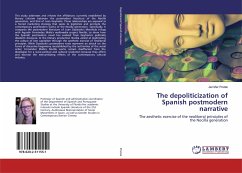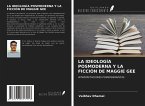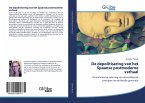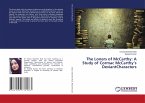This study addresses and refutes the affiliations currently established by literary criticism between the postmodern literature of the Nocilla generation, and that of Juan Goytisolo. These relationships are exposed as a forced marketing strategy that seeks to legitimize and promote the contemporary postmodern works of the Nocilla generation. Specifically, it compares the postmodern literature of Juan Goytisolo's Mendiola trilogy with Agustín Fernández Mallo's multimedia project Nocilla, to show how the Spanish postmodern novel has evolved from Goytisolo's politically dissident discourse to the literary production Nocilla aimed at legitimizing the culture of late capitalism through the aesthetic exercise of neoliberal principles. While Goytisolo's postmodern texts represent an attack on the forms of discursive hegemony reestablished by the authorities of the social order, Fernández Mallo's Nocilla works remain disaffected from the ideologies for a socio-political and cultural revolution because they affirm and exercise the mercantilizing effects of the contemporary cultural industry.
Hinweis: Dieser Artikel kann nur an eine deutsche Lieferadresse ausgeliefert werden.
Hinweis: Dieser Artikel kann nur an eine deutsche Lieferadresse ausgeliefert werden.








